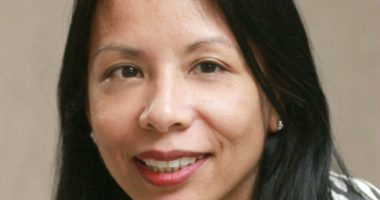
Over the years of working with homeless youth in the Seattle area, Ryther has recognized a pattern: young adults experiencing intellectual and developmental disabilities (IDD) who become homeless have the greatest difficulty in accessing housing and other resources. They are often kicked out of shelters and housing programs for “inappropriate behavior,” and frequently don’t have access to needed psychological testing or medical care to qualify them for higher levels of support resources. Additionally, housing program staff often don’t have the knowledge necessary to successfully support these young adults. As a result of all of these challenges, these youth generally remain homeless much longer than their neurotypical peers and many times end up as adults still in the homelessness system.
In fact, research published in 2020 demonstrates that 30 to 40 percent of homeless people have a cognitive impairment, including traumatic brain injury, intellectual disabilities and autism spectrum disorder. The data was featured in a recent Psychology Today blog.
Ryther recently received a grant of $237,435 from the Kuni Foundation to fund Stepping Stones, a new effort within the Transitional Youth Services program focused on serving young adults experiencing IDD who are facing homelessness, specifically to help them find stable housing solutions. Stepping Stones will be an exciting way for us to meet the needs of a group that we have only served peripherally in the past.
Our staff will focus on getting clients on a pathway to stability, which, in addition to getting them into stable housing, also includes helping clients enroll in therapy and long-term benefits, such as Medicare or SSI, that may be available to them. This program will offer an assessment of the client’s specific needs, referrals and connections to necessary services, psychological testing, case management, ongoing therapy, and more. Ryther also will work with housing staff to ensure that they know how to work with the specific challenges faced by IDD clients. Hiring for this new program is underway and we are excited to already be serving young adults on their path to stability.



